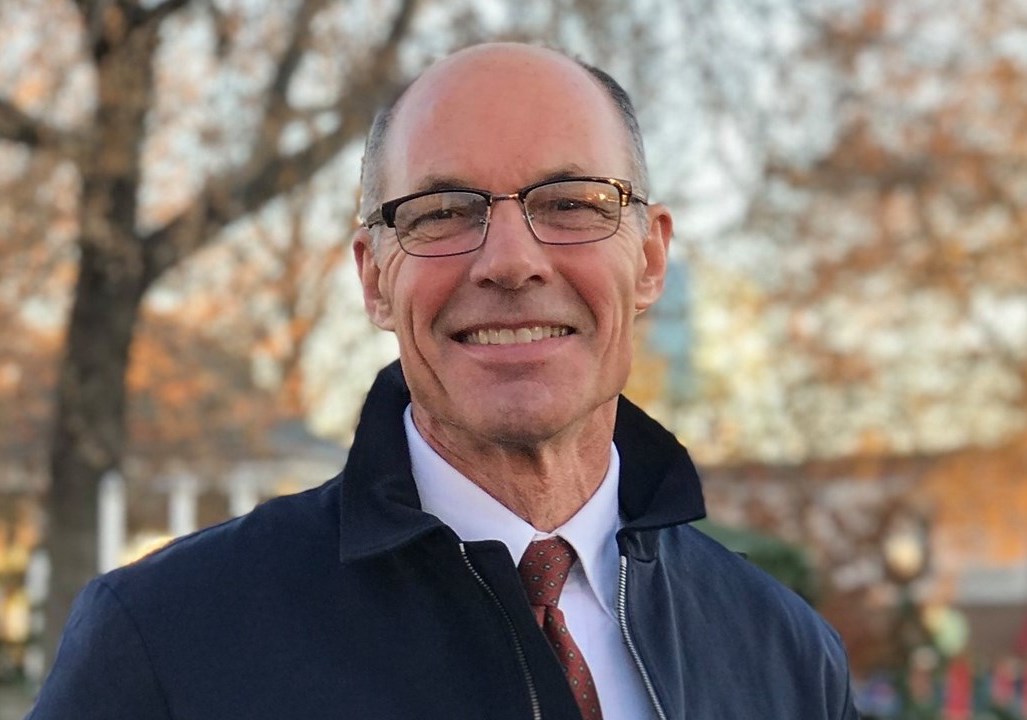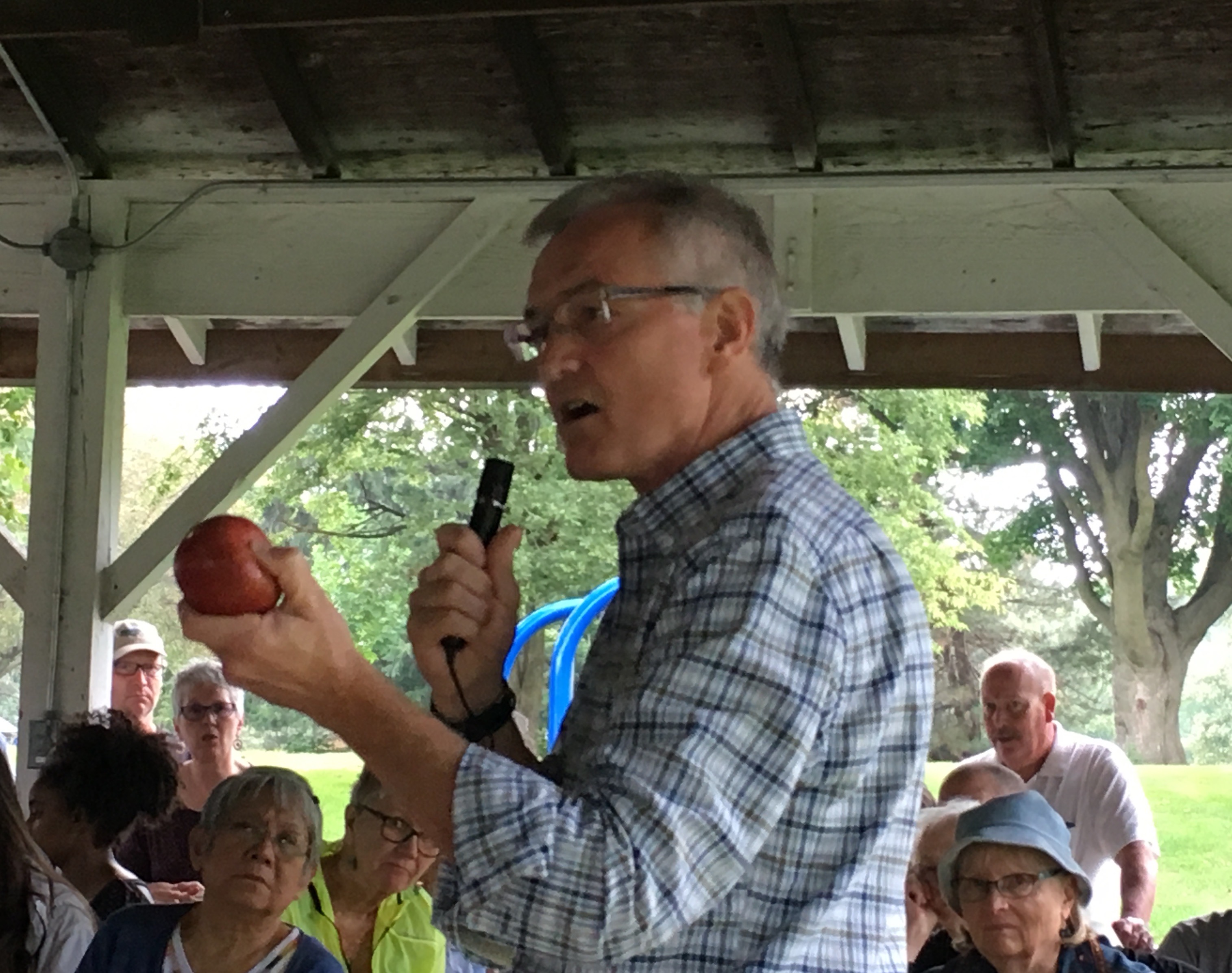Nine Iowa Senate Democrats have signed an open letter asking their colleagues to shelve a pro-nuclear power bill this session and to create a legislative commission “to thoroughly investigate all of the issues including the need for a nuclear power plant, the costs and impact on utility rates, financing and liability issues, safety and waste disposal issues, and renewable energy alternatives.” The senators who signed were Daryl Beall (district 25), Dennis Black (district 21), Joe Bolkcom (district 39), Dick Dearden (district 34), Robert Dvorsky (district 15), Gene Fraise (district 46), Jack Hatch (district 33), Rob Hogg (district 19) and Pam Jochum (district 14). The full text of their letter is after the jump. Excerpt:
Specifically, we have the following concerns:
* There is very little known about how much a new nuclear power plant would cost or how it would
impact utility rates, especially for seniors, working families, and Iowa businesses.
* The proposed technology – small modular reactors – is unproven and has not been approved by
the Nuclear Regulatory Commission.
* There are significant safety and financial liability concerns, especially after the nuclear disaster in Japan. United States Senator Joseph Lieberman has called for “putting the brakes on” the construction of new nuclear power plants “until we can absorb what has happened in Japan.”
* There are potential issues with the creation of a permanent government bureaucracy to permit, monitor, and regulate any new nuclear power plants.
* There are unresolved siting issues about where the plant or plants would be located and how the property would be acquired for the construction of the plants.
MidAmerican Energy is only in the first of what was represented to be a three-year study on the feasibility of constructing a new nuclear power plant in Iowa. When that bill was passed, it was contemplated that Iowa would take at least three years to make any decision about new nuclear power plants. There is no rush.
Speaking to the Des Moines Register yesterday, Iowa House Speaker Kraig Paulsen predicted the bill will pass this year. Iowa’s only current nuclear power plant is in Paulsen’s district. Democratic Senate Majority Leader Mike Gronstal supports the bill.
MidAmerican Energy President William Fehrman is expected to attend an Iowa Senate Commerce subcommittee hearing on the bill later today. Fehrman has said the bill would help MidAmerican attract investors for a nuclear construction project. Critics point out that the legislation would lead to higher utility bills for hundreds of thousands of Iowans and would tilt the field so far in favor of expanding nuclear power that less costly energy efficiency and renewable energy projects might not be pursued.
On the other hand, even before this week’s crisis at the Fukushima facility in Japan, financing was not coming together for proposed nuclear power plant projects in the United States. So one could argue that even if this bill becomes law, MidAmerican probably won’t attract the investor support needed to build nuclear plants here. In that case, why let the company charge its Iowa customers more now to pay for anticipated future construction costs?
Meanwhile, the U.S. Nuclear Regulatory Commission has ranked the 104 nuclear power plants across the country in terms of earthquake risk. Iowa’s Duane Arnold nuclear reactor is 26th on that list. Yesterday several U.S. Senate Democrats urged the head of the NRC to conduct a thorough review of all nuclear reactors in this country, especially those in earthquake-prone areas.
In Germany, political leaders have decided to temporarily shut down seven of the country’s oldest nuclear reactors in order to conduct a safety review. The prime minister of Spain has also called for a review of all that country’s nuclear power plants. A nuclear energy expert whose name I didn’t catch pointed out yesterday on CNN that baseload demand for electricity is relatively low in the spring, so it wouldn’t cause problems on the grid to shut down U.S. nuclear power plants for a month or two during a safety review.
UPDATE: Fehrman told the Iowa Senate subcommittee that “MidAmerican Energy customers would see their power bills rise 10 percent over a decade to pay for the investor-owned utility’s share of a proposed Iowa nuclear plant.” He confirmed that the plant would be completed no sooner than 2020, and that Iowa ratepayers would not get their money back, even if the construction never moved forward.
Sen. Swati Dandekar of Marion said Iowans are concerned about paying for a project that may cost more than the utility thinks, given the nation’s record on cost overruns at nuclear plants.
“There is no doubt there is a history of cost overruns in this industry,” Fehrman said. “We’ve asked for more oversight of this project, and that’s in the bill.”
MidAmerican is pushing legislation that would set some of the rate-making principles to be applied to the plant, in effect telling investors how the utility would recover its expenses.
Also on Thursday, the Iowa chapter of the Sierra Club and the American Association of Retired Persons came out against the bill. From an AARP statement:
“AARP believes it is unfair to consumers and bad policy for the Iowa General Assembly to enact legislation that would allow utility companies to charge consumers in advance for costs of a new plant before it is in service, and require consumers to continue to have to pay even if the plant development is canceled, or goes over budget [….] AARP is concerned about this legislation, not because of the question of nuclear power, but because we oppose raising rates for consumers already struggling to afford their utility bills for a plant yet to be built, where we don’t know the actual cost to build, and may or may not even be built in Iowa.”
Still the self-styled taxpayer watchdog groups are missing in action on this bill.
Continue Reading...




